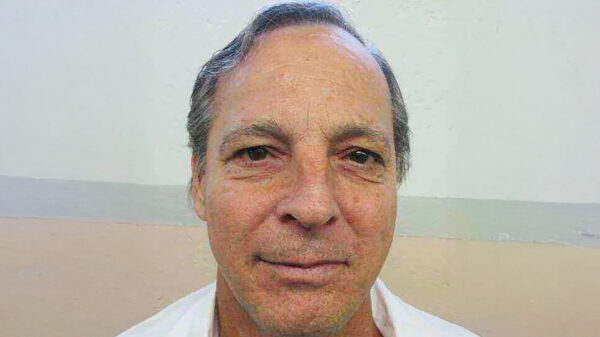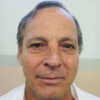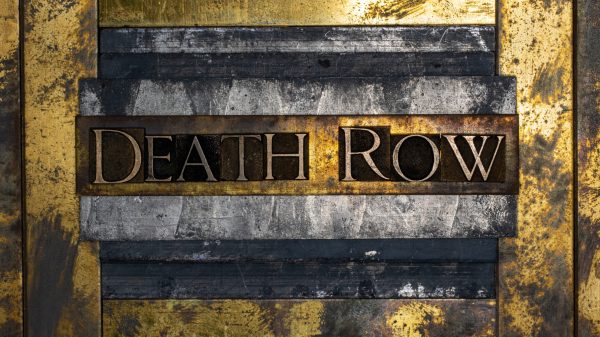On Wednesday, experts with the United Nations (U.N.) stated their concerns with Alabama’s anticipated execution using nitrogen hypoxia and called on state and federal authorities to halt the deed.
Alabama is planning to execute Kenneth Eugene Smith on Jan. 25 using nitrogen hypoxia, an untested method never used before to implement the death penalty. The experts “expressed alarm” that the gas being used to execute Smith would lead to a painful death caused by asphyxiation. They also warned that the experimental use of nitrogen hypoxia asphyxiation in this case could violate statutes against cruel and inhuman treatment.
“We are concerned that nitrogen hypoxia would result in a painful and humiliating death,” the experts said.
The experts include the following individuals:
- Morris Tidball-Binz, Special Rapporteur on extrajudicial, summary or arbitrary executions
- Alice Jill Edwards, Special Rapporteur on Torture and Other Cruel, Inhuman or Degrading Treatment or Punishment
- Ms. Tlaeng Mofokeng, Special Rapporteur on the right of everyone to the enjoyment of the highest attainable standard of physical and mental health
- Ms. Margaret Satterthwaite, Special Rapporteur on the Independence of Judges and Lawyers
Smith was convicted in 2000 for his role in the 1988 murder for hire death of Elizabeth Sennett. The jury decided, 11-1, to sentence Smith to life in prison without parole but the judge overrode this decision to sentence Smith to the death penalty. Alabama previously botched an attempt to execute Smith in Nov. 22 using lethal injection.
Smith’s execution has been widely criticized prior to the U.N. experts weighing in on the matter. The protocol for the use of nitrogen hypoxia was heavily redacted by Alabama which eliminated the public from understanding safety precautions, where the gas is being supplied from and the qualifications of the individuals administering the punishment.
Many have argued that the gas could likely lead to those administering or witnessing the execution to be harmed even fatally. Even the Alabama Department of Corrections (ADOC) understand the risk involved as the spiritual advisor for Smith revealed the agency has made him sign documents acknowledging the risk of witnessing Smith’s execution.
Rep. Chris England, D-Tuscaloosa, told APR that Alabama’s attempt to execute Smith using nitrogen gas demonstrated the state’s ingenuity when it comes to putting people to death.
The U.N. experts also warned that Alabama carrying out the execution using nitrogen hypoxia could violate international statutes including one that the U.S. are a party to. The statutes are the Convention Against Torture and the Body of Principles for the Protection of All Persons under Any Form of Detention or Imprisonment. The Convention Against Torture protects against punishment that may cause severe pain or harm meaning potentially asphyxiation in this context.
The Body of Principles protects against detainees being subjected to medical or scientific experimentation. Smith’s attorney has attempted to halt the execution by arguing that Smith is being used as a “test subject” since nitrogen hypoxia has never been used to execute an individual and Smith will be the first.


















































